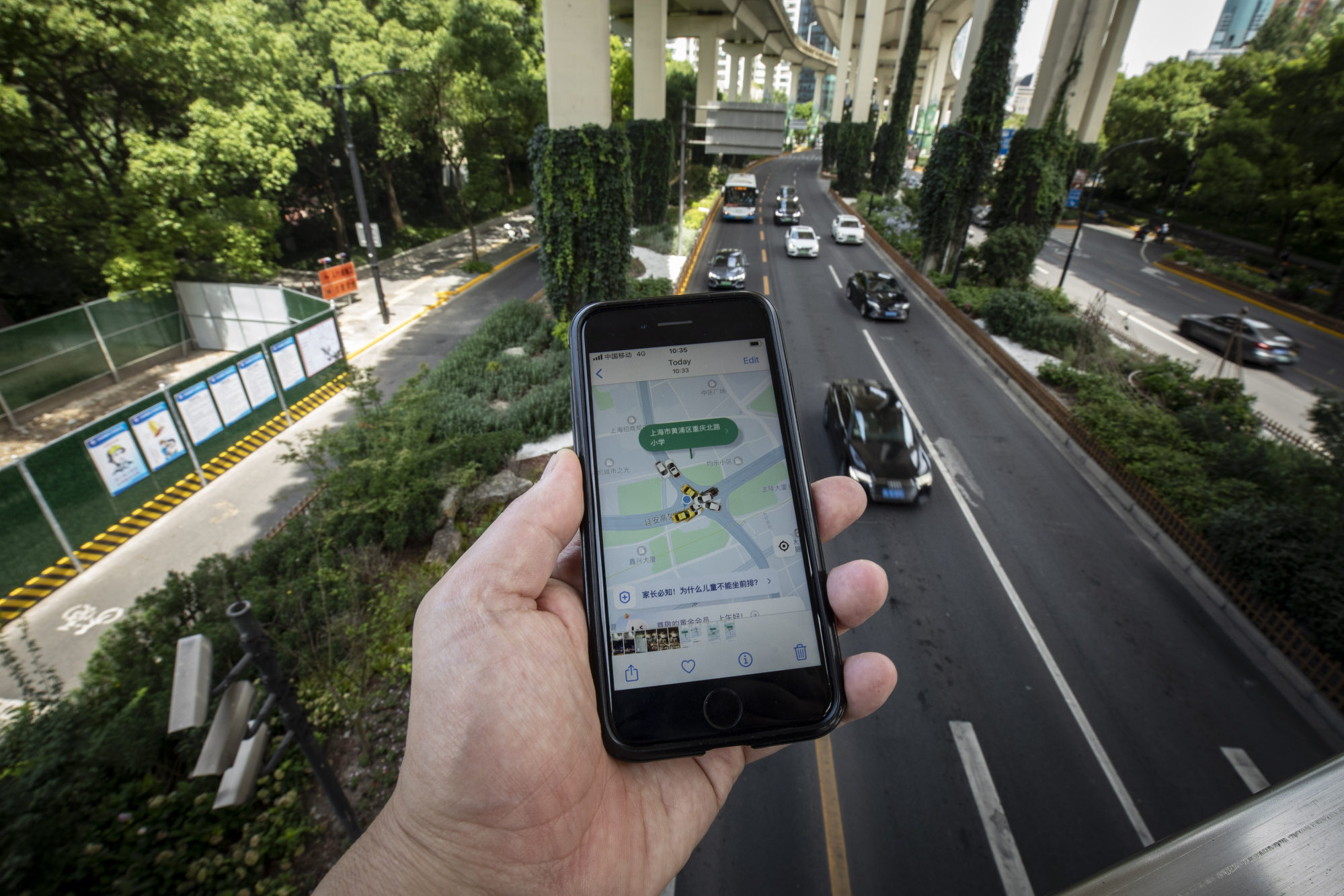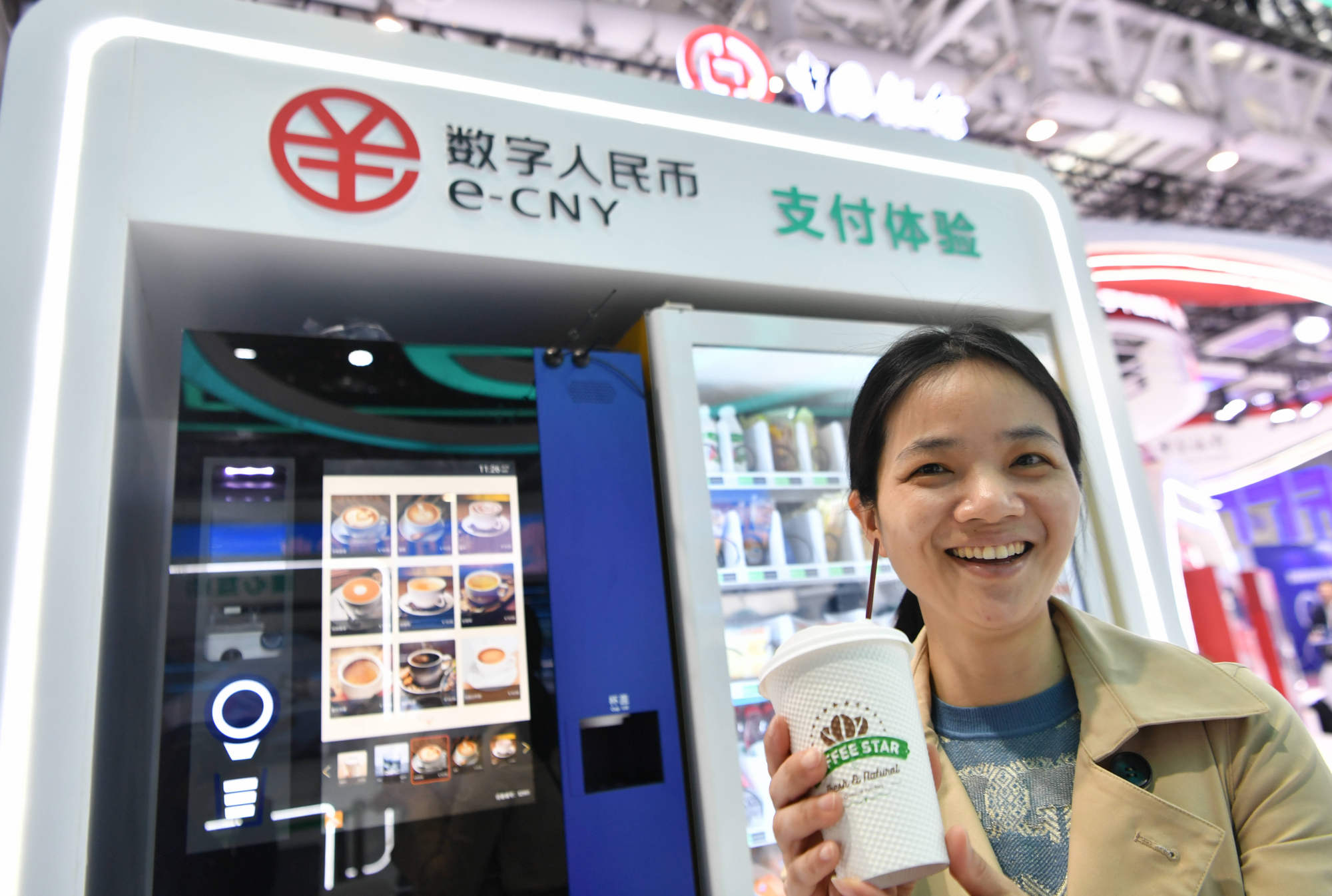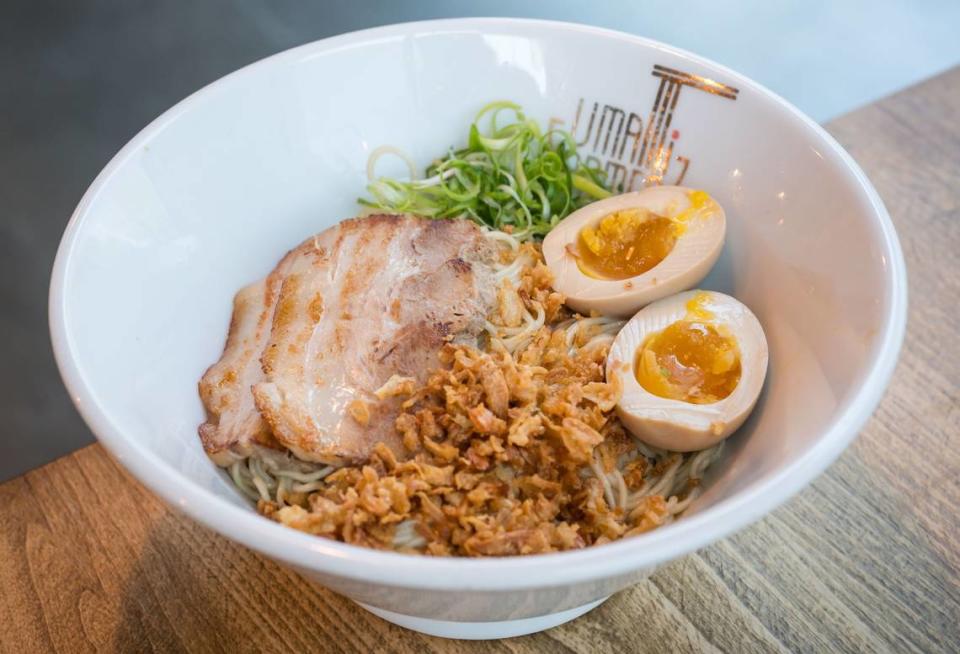
As a result, I went to the trouble of setting up a WeChat Pay account before my visit. I’m glad I did because, from the moment I got off the plane to the moment I boarded my flight back home, paying for things became as smooth as it could possibly be.
The two payment QR codes for WeChat Pay and Alipay were nearly everywhere, including at vending machines. Scanning a code to complete a transaction took just seconds. Or you could let the cashier scan the QR code in your phone’s mobile app to make payment.

During my trip, I came to appreciate the quick and easy process of mobile payments. The best part was that I didn’t have a credit card bill when I returned, and no hefty currency exchange rates to grumble about either.
As a former cashier and an entrepreneur, I especially value the convenience of mobile payments apps. When I worked as a cashier decades ago, I had to tally cash in the register with a ledger at the end of a shift. There were times when the cash was short and the discrepancies would be deducted from my pay. It was devastating to say the least. I am not the only one who has suffered from this. But cashless payments eradicate this risk.
As an entrepreneur, I know full well about the rates credit card companies impose on businesses, usually between 1.5 per cent and 3.5 per cent of transactions. This puts a heavy burden on small businesses. Compared to that, the rates WeChat Pay and Alipay charge are generally less than 1 per cent of transactions.
Hong Kong ‘lagging behind’ in e-payments as Octopus, cash still dominate
Hong Kong ‘lagging behind’ in e-payments as Octopus, cash still dominate

Meanwhile in the West, cash and credit cards are still prevalent. Some e-payment options are just different ways of paying with credit cards. At least 86 per cent of central banks worldwide are researching the potential of issuing their own digital currency but they need to address technical challenges and overcome privacy concerns.
This could add to the growing influence of China on the world stage, while diminishing the West’s.
Do China’s leaders fully grasp foreigners’ concerns about the country?
Do China’s leaders fully grasp foreigners’ concerns about the country?
This is just one small instance. There are also a number of restaurants where “cash only” signs are displayed next to the cashier counter. One cannot help but wonder: perhaps the status of an international financial centre is not only about stocks and bonds; the daily lives of average people are just as important.
While WeChat Pay was my primary payment method during my trip, I also carried some cash. After reading the negative accounts of vendors refusing cash, I was curious to find out for myself. I paid with cash on three occasions; nobody refused it and everyone gave back the proper change.
Maybe the hard-luck experiences of those tourists I read about were the exceptions. Either way, I won’t be bringing cash for my next trip because mobile payments are just too good to pass up.
April Zhang is the founder of MSL Master and the author of the Mandarin Express textbook series and the Chinese Reading and Writing textbook series
EMEA Tribune is not involved in this news article, it is taken from our partners and or from the News Agencies. Copyright and Credit go to the News Agencies, email [email protected] Follow our WhatsApp verified Channel









